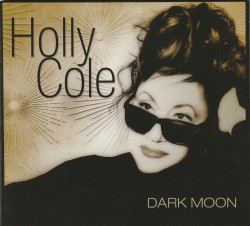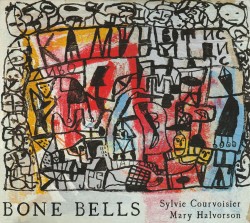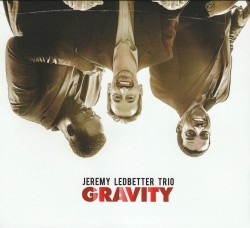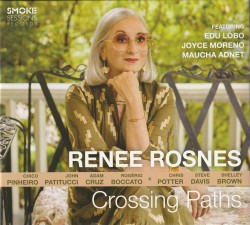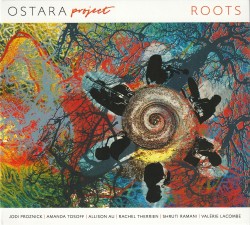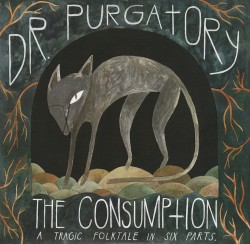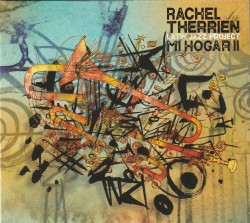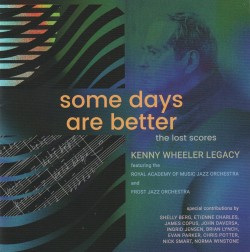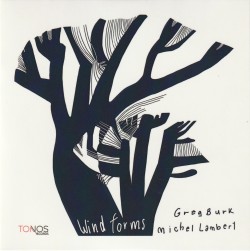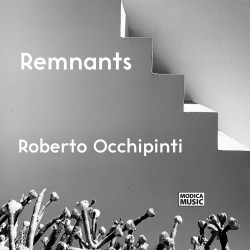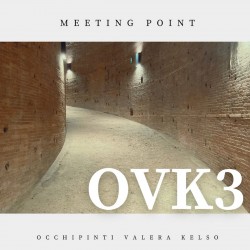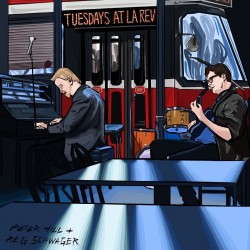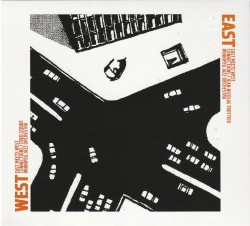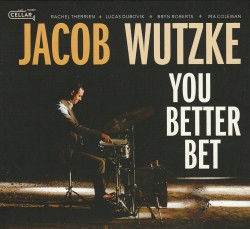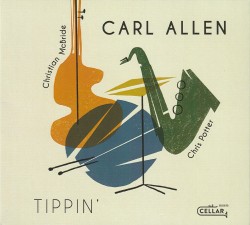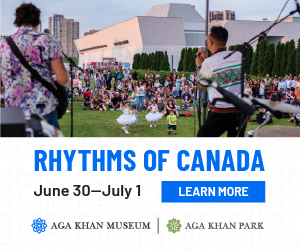Lei Liang: Dui - Wu Man; Steven Schick; Maya Beiser; Cho-Liang Lin; Zhe Lin; Mark Dresser; loadbang;
 Lei Liang - Dui
Lei Liang - Dui
Wu Man; Steven Schick; Maya Beiser; Cho-Liang Lin; Zhe Lin; Mark Dresser; loadbang;
Islandia Music Records IMR015 (islandiamusic.com/lei-liang-dui)
The expert in the qin (seven-string zither) Dr. Liang Mingyue tell us that the Chinese word for music is yue. In its inclusive meaning, yue refers to the “arts” and to “music,” and, together with morals, law, and politics, was considered to be one of the four fundamental societal functions. The repertoire of Dui (meaning “to face”) composed by Lei Liang most certainly has a connotation so all-encompassing that this music must be listened to and understood with “big” ears.
Such a characteristic is not necessarily the exclusive domain of only the most discerning of aficionados. However, it begs employing the heart and mind and requiring the inner ear to open, a tall ask of cultures not as ancient and erudite as that of Central/East Asia. This would explain why (for instance) the celebrated Japanese performance artist Yoko Ono is so misunderstood. Her incorporation of Noh and (aragoto or “rough style”) Kabuki into her music mean nothing to the uninitiated.
This may not be true of Lei Liang’s music – albeit the fact that some may be more difficult even for sophisticated, academically-qualified listeners. However, other works here may be more accessible. I want to go on record and say that I am besotted by the charms of this composer – not simply with word paintings such as Luminosity and Landscape V but especially the album’s apogee, Mongolian Suite which demands intensely deep listening.


